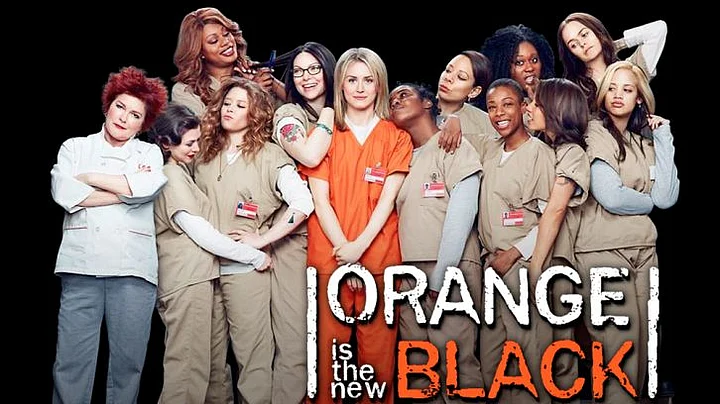Zohra - ‘Murdered’ in Jail
I cannot forget Zohra’s death or the chaos that followed. Zohra was a young girl, a convict from Afghanistan. She managed the tea dispenser in Ward No.8. Zohra had a fight with Sunita Matron, who hit her so hard in the lower abdomen that she began bleeding. The bleeding didn’t stop for a month.
Zohra asked every day to be taken to Deen Dayal Hospital but nobody listened. She was taken to the hospital when she was already half-dead. She died there.
— Anjum Zamrud Habib
Anjum Zamrud Habib wrote about Zohra’s death in her prison memoir, Prisoner No. 100: The Story of My Ordeal in an Indian Prison. Held in Tihar’s Women’s Wing, Anjum, a Kashmiri separatist leader of the Muslim Khawateen Markaz, was arrested for allegedly collecting terrorist funding from the Pakistan High Commission in Delhi.
Anjum spoke to us about her time in prison. Listening to her is sobering. Her book too is a difficult read, confronting us with harsh truths. For instance, she dispels the myth that jail could be a centre for rehabilitation.
But the big question she answers is – What does it mean to be imprisoned?
TV shows like Oz (1997), Bad Girls (1999), Prison Break (2005) and Orange is The New Black (2013) have got us thinking about life in prison. But do these shows have any similarities with Anjum’s experience in Tihar?
‘Orange...’ , an adaptation of Piper Kerman’s prison memoir, is popular, but has been panned for presenting prison as a glorified girls hostel, where life, sordid or sexy, is always exciting.
Anjum, in Prisoner No.100, on the other hand, speaks of tedium; and tedium doesn’t make for profitable TRPs. And yet, despite the fact that the two books are set in vastly different cultures, there are similarities. The loss of one’s freedom, is after all, a transcultural experience.
1. Prisons are as Racist & Communal as the World Outside
The very first episode of the first season of Orange is the New Black makes it clear: birds of a feather and all that. Piper Chapman had no choice but to stick to her own kind. “I’m wearing granny panties and I’ve only spoken to white people.” Anjum corroborates in her book; people of similar ethnic, linguistic and religious backgrounds stick together. The reason for this one is easy to relate to: shared cultural sympathies can make life just a little comfortable and familiar in a strange, hostile environment.
2. Corruption is Transcultural
Prison guards are corrupt, and both Orange is The New Black and Prisoner No. 100 make it a point to let us know that people in power do in fact, abuse it. Guards turn a blind eye to contraband being smuggled into the prison, as long as they receive their ‘cut,’ in cash or in kind. Remember Pornstache? The corrupt, exploitative correctional officer? We have no dearth of his Indian, female counterparts, as Anjum will have you know.
Matt McGorry (John Bennett) and Pablo Schreiber (George ‘Pornstache’ Mendez) from Orange is The New Black
3. At Tihar, Everyone Wants to Work
If you’ve watched the show, you’ll know Red. Red, the fiercely protective Russian mother hen, who ran the kitchens in the first season, until she was replaced. Whether at Tihar in India or Litchfield in America, jobs in the kitchen are the most coveted. Those who run the kitchens control what is eaten and how food is distributed. It’s also where contraband is smuggled into the prison.
However, at Tihar, the reality is that any job at all is desirable, because the alternative is day after day behind bars and locks. You’d be hard pressed to find a grumpy Piper Chapman complaining about a job as an electrician at Tihar – most women would be grateful for the opportunity to be out of doors.
Orange is the New Black is an example of what pop culture has the potential to do.
Suddenly, we’re talking about prison. We’re grappling with the fact that sexual violence and abuse in prisons are not things we can ignore anymore. We’re having a (largely) mature conversation about sexuality.
What is clear is this: whether you’re watching the show or reading Anjum’s book, our prisons, wherever we are, need reforms.
(At The Quint, we question everything. Play an active role in shaping our journalism by becoming a member today.)
